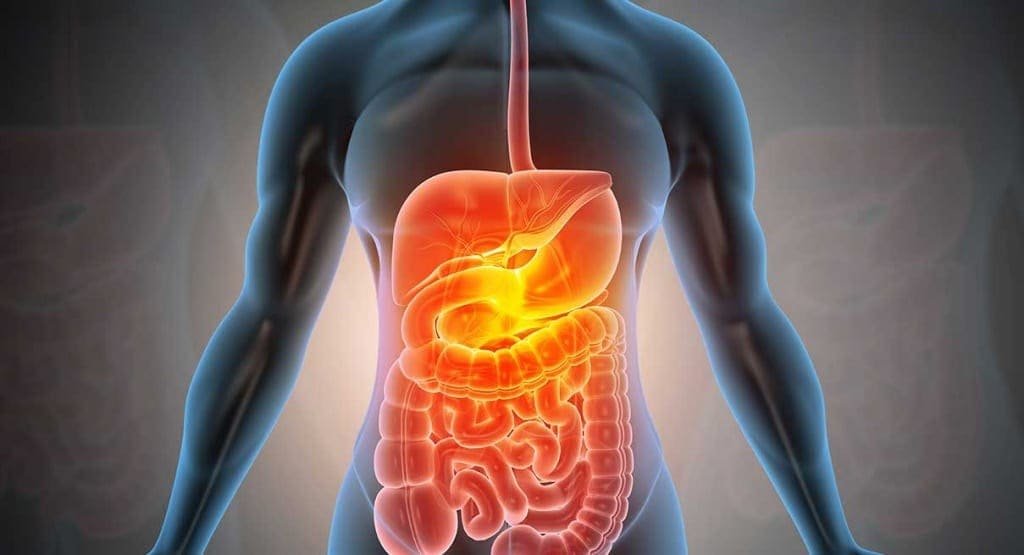Constipation is a common digestive problem that can affect people of all ages. It occurs when bowel movements become less frequent and difficult, often resulting in discomfort and pain. While constipation is a widespread issue, it can be prevented or alleviated through simple lifestyle changes and dietary adjustments. In this article, we will explore effective strategies to maintain a healthy digestive system and prevent constipation.
1. Stay Hydrated
One of the primary reasons for constipation is inadequate fluid intake. Water is essential for softening and moving stool through the digestive tract. Ensure you drink enough water throughout the day to keep your digestive system functioning optimally. Aim for at least eight 8-ounce glasses of water per day, and adjust this amount based on your activity level and climate.
2. High-Fiber Diet
Diet plays a crucial role in preventing constipation. A high-fiber diet can add bulk to your stool and promote regular bowel movements. Foods rich in dietary fiber include whole grains, fruits, vegetables, and legumes. Aim for a balanced diet that incorporates these fiber-rich foods to maintain a healthy digestive system.
3. Regular Meals
Eating at consistent times each day helps regulate your body’s internal clock and promotes regular bowel movements. Skipping meals or eating irregularly can disrupt your digestive system and lead to constipation. Aim to have three regular meals and healthy snacks as needed.
4. Exercise
Physical activity is not only good for your overall health but can also help prevent constipation. Regular exercise stimulates the muscles in your digestive tract, helping to move stool through your intestines. Aim for at least 30 minutes of moderate exercise most days of the week.
5. Probiotics
Probiotics are beneficial bacteria that promote a healthy gut environment. You can find probiotics in foods like yogurt, kefir, sauerkraut, and kimchi. Consuming these foods can help maintain a balanced gut microbiome, which is essential for healthy digestion.
6. Avoid Laxative Abuse
While laxatives can provide temporary relief from constipation, their frequent use can lead to dependency and make the problem worse in the long run. Instead of relying on laxatives, focus on making long-term lifestyle changes to promote regular bowel movements.
7. Limit Processed Foods
Processed foods, particularly those high in sugars and fats, can slow down digestion and contribute to constipation. Reducing your consumption of such foods can help maintain a healthier digestive system.
8. Manage Stress
Stress can have a significant impact on your digestive health. Chronic stress can lead to a variety of digestive issues, including constipation. Practice stress management techniques such as yoga, meditation, or deep breathing exercises to keep your stress levels in check.
9. Don't Delay Bowel Movements
When you feel the urge to have a bowel movement, it’s essential not to postpone it. Ignoring the need to go can lead to constipation as your body reabsorbs water from the stool, making it harder and more challenging to pass.
10. Consult a Healthcare Professional
If you consistently experience constipation despite making these lifestyle changes, it’s crucial to consult a healthcare professional. Underlying medical conditions, medications, or dietary intolerances could be contributing to the issue. Your doctor can help identify and address these factors.
Conclusion:
Preventing constipation is achievable through a combination of healthy lifestyle choices and dietary habits. By staying hydrated, eating a high-fiber diet, exercising regularly, and managing stress, you can maintain a healthy digestive system and enjoy regular, pain-free bowel movements. Remember that consistency is key, and if you experience persistent constipation, don’t hesitate to seek medical advice to identify and address any underlying issues. Your digestive health is a fundamental component of your overall well-being, so it’s worth the effort to keep it in tip-top shape.

